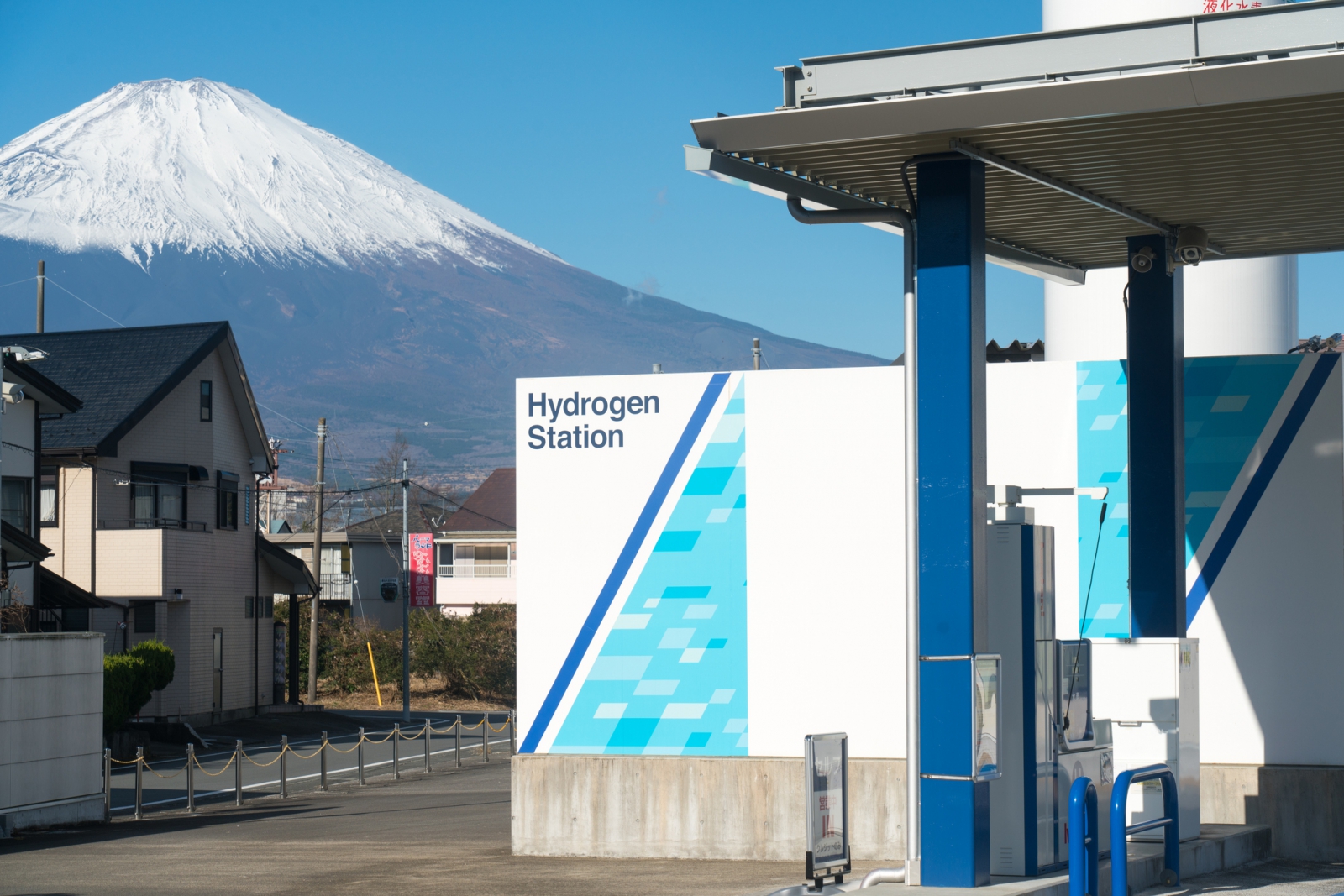
Japan shifts from funding hydrogen stations to offering new incentives for hydrogen-powered transport operators.(Photo: iStock)
To accelerate the adoption of hydrogen fuel cell vehicles, the Japanese government is investing heavily in subsidies. The Ministry of Economy, Trade and Industry (METI) plans to provide hydrogen refueling incentives for commercial vehicles, targeting six administrative regions with high demand. The goal is to significantly narrow the cost gap with diesel fuel while enlisting local government support to increase adoption rates.
High-demand areas chosen for priority hydrogen deployment
According to the Nikkei, METI will soon release a priority list of regions for fuel cell truck and bus deployment. The selected areas include Tokyo, Kanagawa, Fukushima, Aichi, Hyogo, and Fukuoka prefectures and their surrounding areas.
These regions were chosen based on strong local demand and a high likelihood of support from regional governments. For example, Aichi Prefecture has already committed to deploying 7,000 hydrogen-powered trucks and buses by 2030.
While earlier government initiatives mainly focused on reducing vehicle purchase costs and building hydrogen stations, the new strategy centers on subsidizing hydrogen at 90 fueling stations within these key regions. The intent is to boost hydrogen consumption, lower refueling costs, and encourage wider adoption of fuel cell vehicles (FCVs).
.jpg)
A Toyota SORA hydrogen fuel cell bus waiting for passengers in Tokyo. (Photo: Hsu Tsu-lin)
Hydrogen suited for long-haul transportation
The government aims to shrink the price gap between hydrogen and fossil fuels. The new subsidies will cover up to three-quarters of the fuel price difference—approximately ¥700 per kilogram (about USD $4.83). For a large fuel cell truck, this translates to savings of around ¥21,000 per refueling (about USD $144).
Large FCVs can typically travel up to 600 kilometers on a full tank. Compared to battery-electric vehicles, they offer faster refueling and longer range, making them ideal for long-distance trucking and bus routes.
Japan’s leading automakers, including Toyota, Isuzu, and Hino, are actively developing hydrogen vehicles. On the commercial front, companies such as Yamato Transport and Japan Post have already begun using FCVs in their delivery fleets. Nationwide, there are currently about 160 commercial hydrogen vehicles on the road. The government estimates that over 17,000 will be needed by 2030 to meet decarbonization targets.
Despite rising production costs and global economic uncertainties affecting the growth of clean energy sources like low-carbon hydrogen, Japan remains committed to its hydrogen ambitions. Financial giant Sumitomo Mitsui Banking Corporation (SMBC) has also not backed away.
At a recent sustainability forum in Singapore, SMBC’s Chief Sustainability Officer Masayuki Takanashi emphasized that Japan cannot afford to give up on hydrogen. He expressed confidence in technological and policy developments, predicting a future drop in hydrogen production costs that will support wider adoption.
Source: Nikkei Asia, Fuel cells works, Eco-Business
.jpg)


